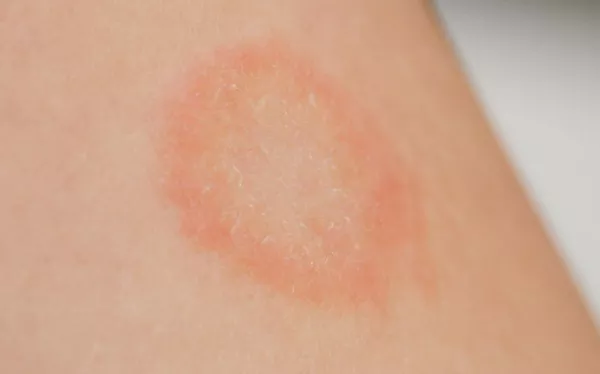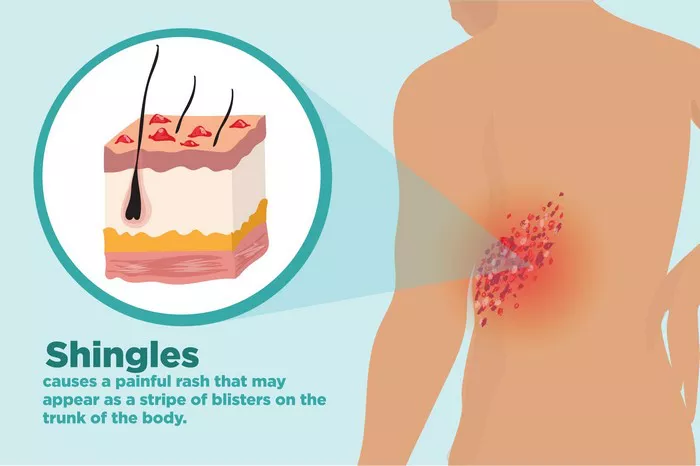Ringworm is a common fungal infection that can affect various parts of the body, including the skin, scalp, and nails. Despite its name, ringworm is not caused by a worm; it is caused by a group of fungi called dermatophytes. This article will discuss the best treatments for ringworm, focusing on antibiotics, antifungals, and general care practices.
Understanding Ringworm
What is Ringworm?
Ringworm is a contagious skin infection characterized by red, itchy, and circular patches. It can appear on any part of the body. The infection can be spread through direct contact with an infected person or by sharing personal items like towels or clothing.
Symptoms of Ringworm
Common symptoms include:
- Red, circular patches with raised edges
- Itching and discomfort
- Flaking or peeling skin
- Hair loss in cases where the scalp is affected
How is Ringworm Diagnosed?
A healthcare provider can diagnose ringworm based on the appearance of the skin. In some cases, a skin scraping may be taken for laboratory analysis to confirm the presence of dermatophytes.
Why Antibiotics Are Not Effective Against Ringworm
Understanding Fungal Infections
Antibiotics are medications designed to fight bacterial infections. They are ineffective against fungal infections like ringworm. Instead, antifungal medications are required to treat these types of infections.
When to Use Antifungals Instead of Antibiotics
If a person has ringworm, they should not take antibiotics. Instead, they should seek antifungal treatments to effectively eliminate the infection.
Types of Antifungal Treatments for Ringworm
Topical Antifungals
Topical antifungal medications are usually the first line of treatment for ringworm. They are applied directly to the affected area. Some common topical antifungals include:
Clotrimazole (Lotrimin)
- Available as a cream, lotion, or solution.
- Typically applied twice daily for 2 to 4 weeks.
Miconazole (Monistat)
- Available as a cream or powder.
- Usually applied once or twice daily for 2 to 4 weeks.
Terbinafine (Lamisil)
- Available as a cream or gel.
- Applied once or twice daily for 1 to 2 weeks.
Ketoconazole (Nizoral)
- Available as a cream or shampoo.
- Often used for ringworm of the scalp or body.
Oral Antifungals
In more severe cases, or if the infection covers a large area, oral antifungal medications may be prescribed. Common oral antifungals include:
Terbinafine (Lamisil): Usually taken once daily for 6 to 12 weeks, depending on the severity of the infection.
Itraconazole (Sporanox): Often prescribed for 1 to 3 months, particularly for nail infections.
Fluconazole (Diflucan): Taken once a week for several weeks, depending on the infection.
Combination Treatments
Sometimes, a healthcare provider may recommend a combination of topical and oral antifungal treatments for more effective results.
Choosing the Right Treatment
Factors to Consider
When choosing the right treatment for ringworm, consider the following factors:
- The severity of the infection.
- The location of the infection (body, scalp, or nails).
- Any allergies or previous reactions to medications.
- Other medical conditions or medications currently being taken.
Consulting a Healthcare Provider
Always consult a healthcare provider for the best treatment option. They can provide a proper diagnosis and recommend the most effective antifungal medication based on individual circumstances.
Preventing Ringworm Infection
Personal Hygiene
Maintaining good personal hygiene is crucial in preventing ringworm infections. Some tips include:
- Wash your hands regularly.
- Keep skin clean and dry.
- Avoid sharing personal items like towels and razors.
Avoiding Infected Individuals
Ringworm is contagious. Avoid close contact with individuals who have a confirmed infection. If you are caring for someone with ringworm, wash your hands thoroughly afterward.
Protecting Your Skin
When engaging in activities that increase the risk of infection, such as swimming or using communal showers, consider the following:
- Wear flip-flops in public showers and pools.
- Keep your skin covered with loose-fitting clothing.
- Dry yourself thoroughly after swimming or showering.
Caring for Pets
Ringworm can be transmitted from pets to humans. Regularly check pets for signs of ringworm, such as patches of hair loss or skin irritation. If you suspect your pet has ringworm, consult a veterinarian for treatment.
Home Remedies for Ringworm
While antifungal medications are essential for treating ringworm, some home remedies may help alleviate symptoms:
Apple Cider Vinegar
Apple cider vinegar has antifungal properties. Dilute it with water and apply it to the affected area with a cotton ball. Leave it on for about 30 minutes before rinsing off.
Tea Tree Oil
Tea tree oil is known for its antifungal benefits. Mix a few drops with a carrier oil and apply it to the affected area.
Garlic
Garlic has natural antifungal properties. Crush garlic cloves and apply the paste to the infected area for 30 minutes before rinsing.
Coconut Oil
Coconut oil is also antifungal. Apply it to the affected area several times a day.
When to Use Home Remedies
While home remedies may provide relief, they should not replace medical treatment. Always consult a healthcare provider for proper diagnosis and treatment.
When to See a Doctor
If symptoms do not improve after a week of using antifungal treatments, or if the infection worsens, it is essential to consult a healthcare provider. Signs that require immediate attention include:
- Increased redness or swelling.
- Pus or drainage from the affected area.
- Fever or chills.
- Persistent itching that disrupts daily activities.
Conclusion
Ringworm is a common fungal infection that requires appropriate antifungal treatment for resolution. Antibiotics are not effective against this infection. Topical and oral antifungal medications are available and should be used under the guidance of a healthcare provider. Maintaining good hygiene practices and seeking early treatment can help prevent and manage ringworm effectively. If symptoms persist, consult a healthcare professional for further evaluation and care.
Related topics:


























